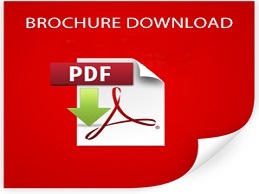
Gerald C Hsu
EclaireMD Foundation, USA
Title: From weight management via diabetes control to cardiovascular risk reduction
Biography
Biography: Gerald C Hsu
Abstract
Introduction: Since 1997, the author has been diagnosed with obesity, type 2 diabetes (T2D), hypertension, hyperlipidemia, and suffered five cardiac episodes. He spent 20,000 hours since 2010 to study and research his chronic diseases in order to save his own life.
Methods: He created a math-physical medicine approach, instead of using the traditional biochemical approach, to conduct his research. Initially, he defined inter-relationships among 11 categories and 500 elements of a human metabolism system. He collected and processed 1.5 million data of his lifestyle details and medical conditions. Furthermore, utilizing physics, mathematics, engineering modelling, and artificial intelligence (AI), he developed four prediction models with 99% accuracy, including weight, fasting plasma glucose, post prandial glucose, and haemoglobin A1C. Finally, he developed a risk probability model of having heart attack or stroke.
Results: From the period of 2013-2018, he has reduced his weight from 220 lbs. to 167 lbs., waistline from 44” to 32”, and BMI from 33.1 (obese) to 24.7 (normal). Based on his acquired knowledge, he developed AI-based prediction tools to reduce his average glucose value from 279 mg/dL to 116 mg/dL, A1C from 10% to 6.5%. Since 2016, his hypertension and hyperlipidemia are no longer health concerns along with dropping his cardiovascular risk from 74% to 31%.
Conclusion: Over eight years, the author was finally able to control his weight and T2D along with greatly reducing his cardiovascular risk. In addition to his willpower and persistence, his diligence in acquiring medical knowledge from reading hundreds of textbooks and medical papers has assisted him. More importantly, his knowledge from other disciplines in mathematics, physics, engineering, statistics, computer science, and technology have provided him with necessary and useful tools.

